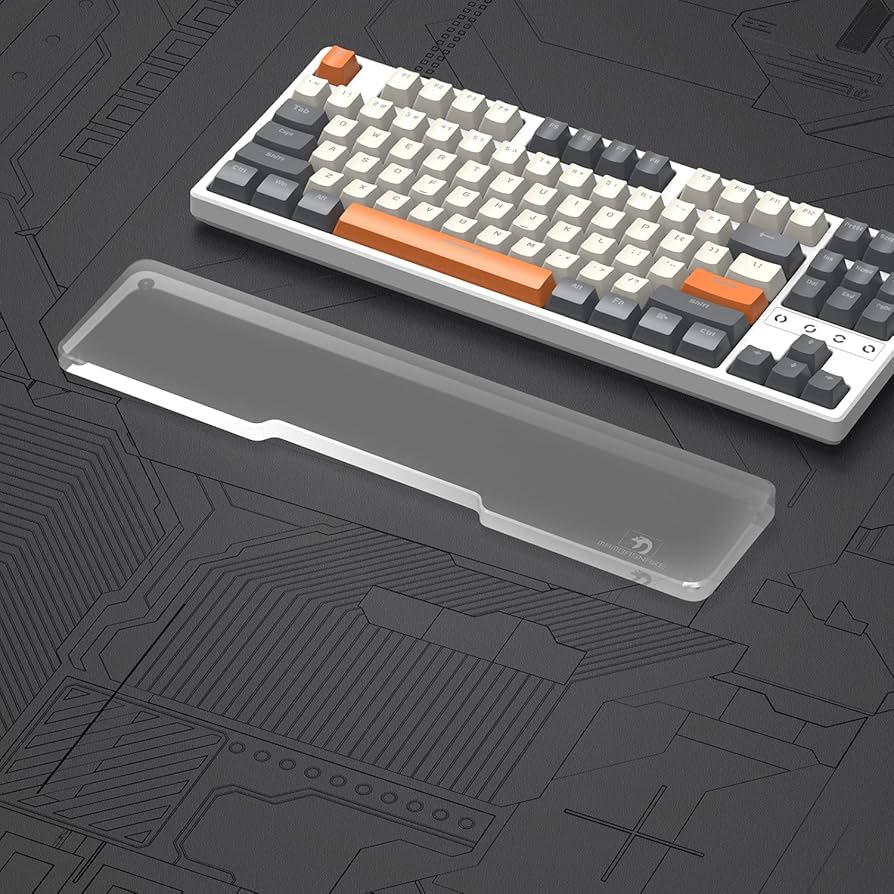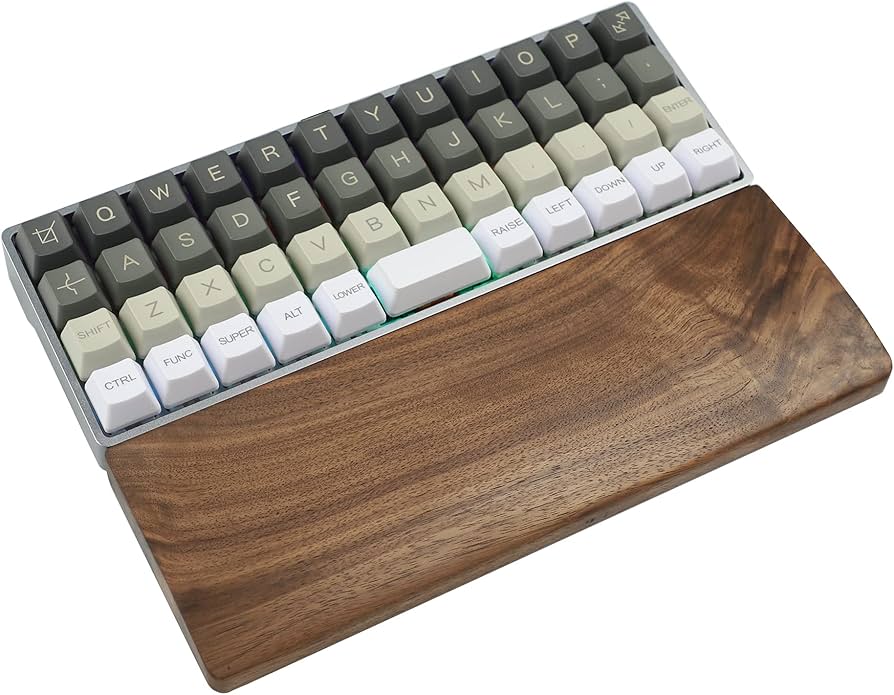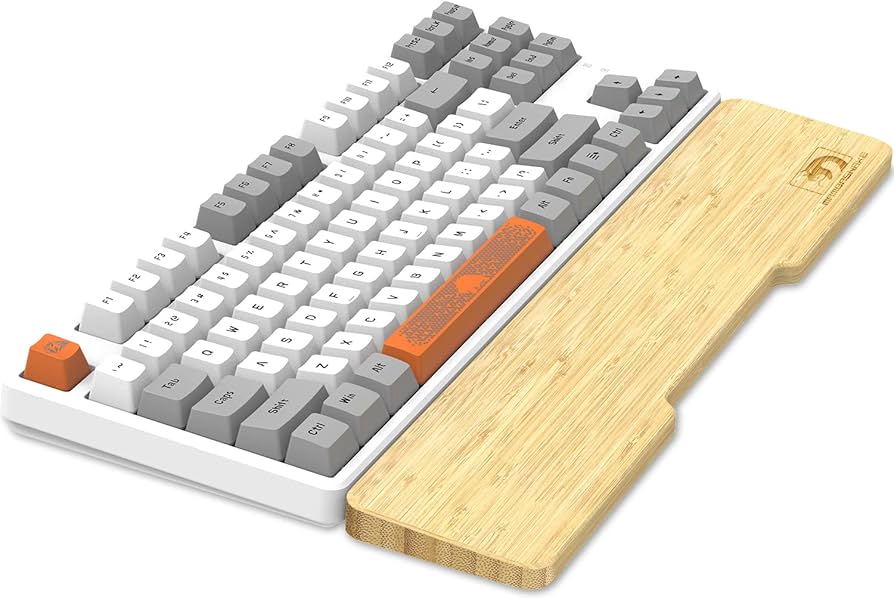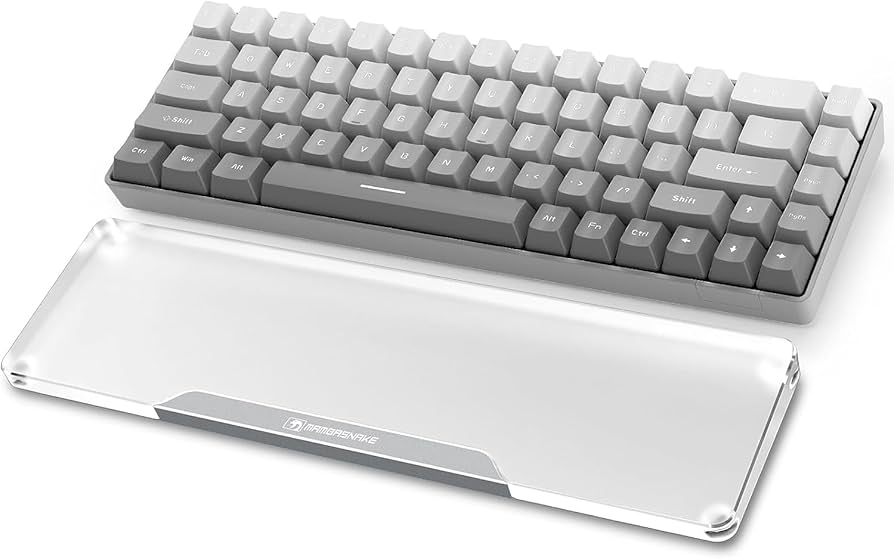 Wrist Support
Wrist Support
Wrist Rests: Material and Ergonomic Benefits
Discover how different wrist rest materials impact comfort and support during long typing sessions. Compare gel, foam, wood, and fabric options to find the perfect balance between cushioning and structural support for your typing style.
 Keyboard Angles
Keyboard Angles
Keyboard Angle: Finding Your Neutral Position
Master the optimal keyboard tilt angle for comfortable typing. Learn how negative and positive tilts affect wrist position and discover adjustment techniques that promote natural hand alignment while reducing strain on your tendons and ligaments.
 Split Keyboards
Split Keyboards
Split Keyboards: Ergonomic Revolution or Adjustment Challenge?
Explore split keyboard designs and their impact on typing ergonomics. Understand the learning curve, productivity effects, and long-term health benefits of separating your keyboard into two distinct sections for natural hand positioning.
 Mouse Alternatives
Mouse Alternatives
Mouse Alternatives: Trackball vs. Vertical Mouse
Compare innovative mouse alternatives for reduced strain and improved precision. Learn about trackballs, vertical mice, and touchpads, each offering unique ergonomic advantages for different work styles and hand preferences.
 Keyboard Height
Keyboard Height
Keyboard Height: Desk Surface vs. Lower Tray
Optimize your keyboard height relative to desk surface and arm positioning. Understand how different mounting options affect elbow angles and wrist posture, ensuring your keyboard sits at the perfect height for comfortable, efficient typing.
 Key Switch Types
Key Switch Types
Key Switch Types: Ergonomic Considerations
Navigate the world of mechanical keyboard switches from an ergonomic perspective. Compare actuation forces, travel distances, and tactile feedback to find switch types that minimize finger fatigue while maintaining typing speed and accuracy.
 Typing Technique
Typing Technique
Proper Typing Technique: Prevention Over Treatment
Learn finger placement, typing rhythms, and movement patterns that prevent repetitive strain injuries. Discover proper hand positioning, finger isolation techniques, and break scheduling that maintain healthy typing habits throughout your workday.
 Layout Comparison
Layout Comparison
Keyboard Layouts: QWERTY vs. Ergonomic Alternatives
Compare traditional QWERTY with ergonomic keyboard layouts like Dvorak and Colemak. Understand typing efficiency, learning curves, and long-term ergonomic benefits of alternative layouts designed for reduced finger movement and strain.